Houses Wintered with Snow
Why millions of Russian people wait for resettlement from deteriorated houses for decades, and how lives a town where every third lives in a barrack
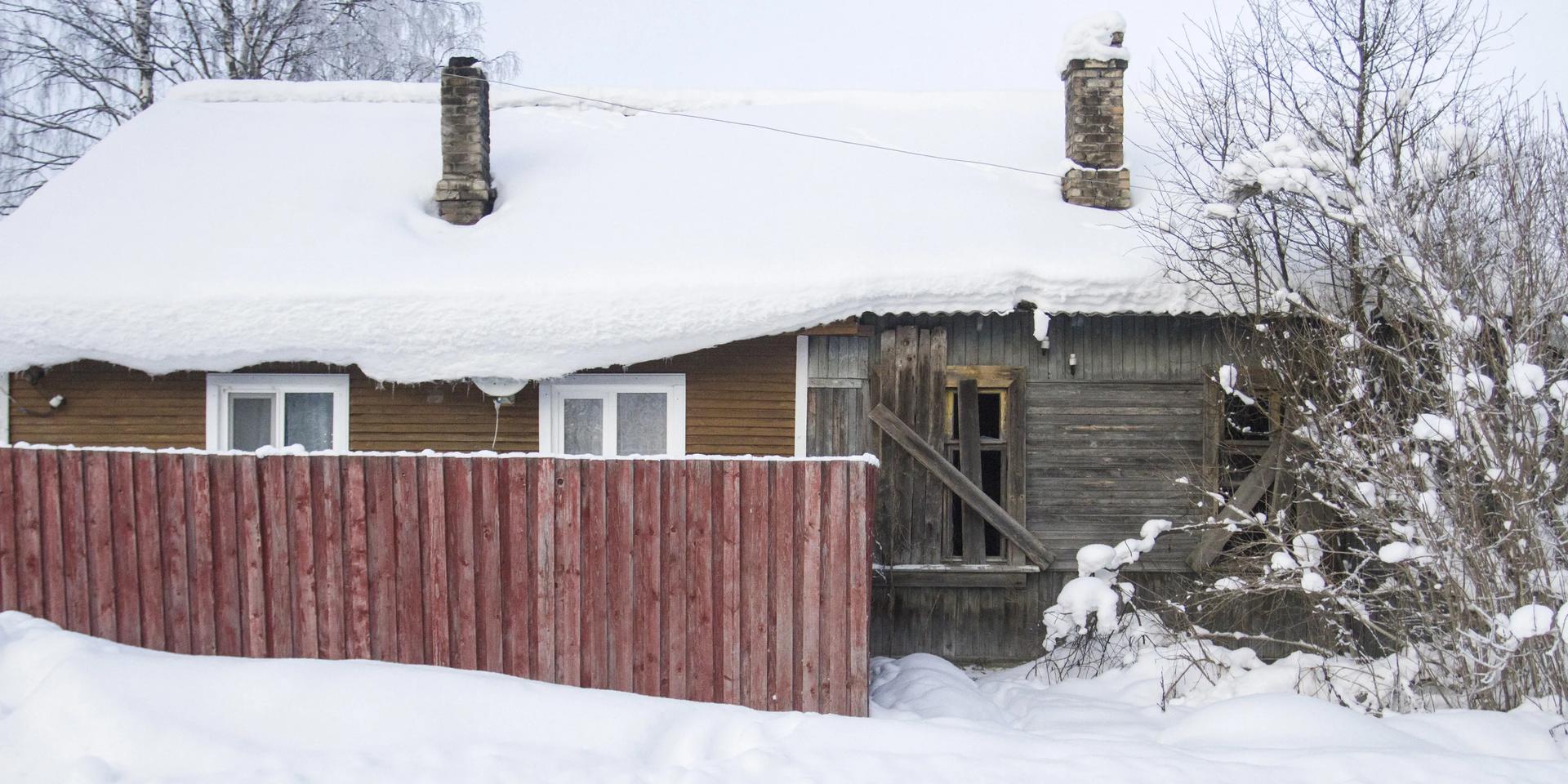
More than a million people in Russia lives in deteriorated houses (according to the Fund for Assistance to Reform of Housing and Communal Services for 2021). This status means that this housing “poses a threat to life and health”. By law, if the state recognizes a house as deteriorated, it should resettle inhabitants to other place or offer them a monetary compensation. However, often they have to wait for a new home for years, and the compensations are not enough to purchase new housing, so Russian citizens continue living in dangerous and condemned houses. “Important Stories” figured out, in which regions people wait for resettle for the longest time, and talked to the town residents in Karelia, where every third is forced to survive under a rotten roof, with a leaky floor and without central heating.
“The house ‘skews’, the furniture falls”
“I live like in a birdhouse blown by all the winds”, a locksmith Alexey Alchimovich, aged 46, the resident of a two-storied barrack in the town of Suoyarvi, Karelia, says. In Suoyarvi, which part of the name in translated as “swamp”, the every third resident lives in a deteriorated house. The town with the population of the eight thousand people is situated on a former Finnish territory, there is only 100 kilometers to the Finland border.
In the Soviet times Suoyarvi was a prosperous town: there was a box factory, a poultry factory, a diary factory, a forestry, and several construction companies. After 2000s these enterprises stopped working, part of them went bankrupt, and nowadays the town residents work mostly in fly in/fly out way, that means they go to work to other locations.
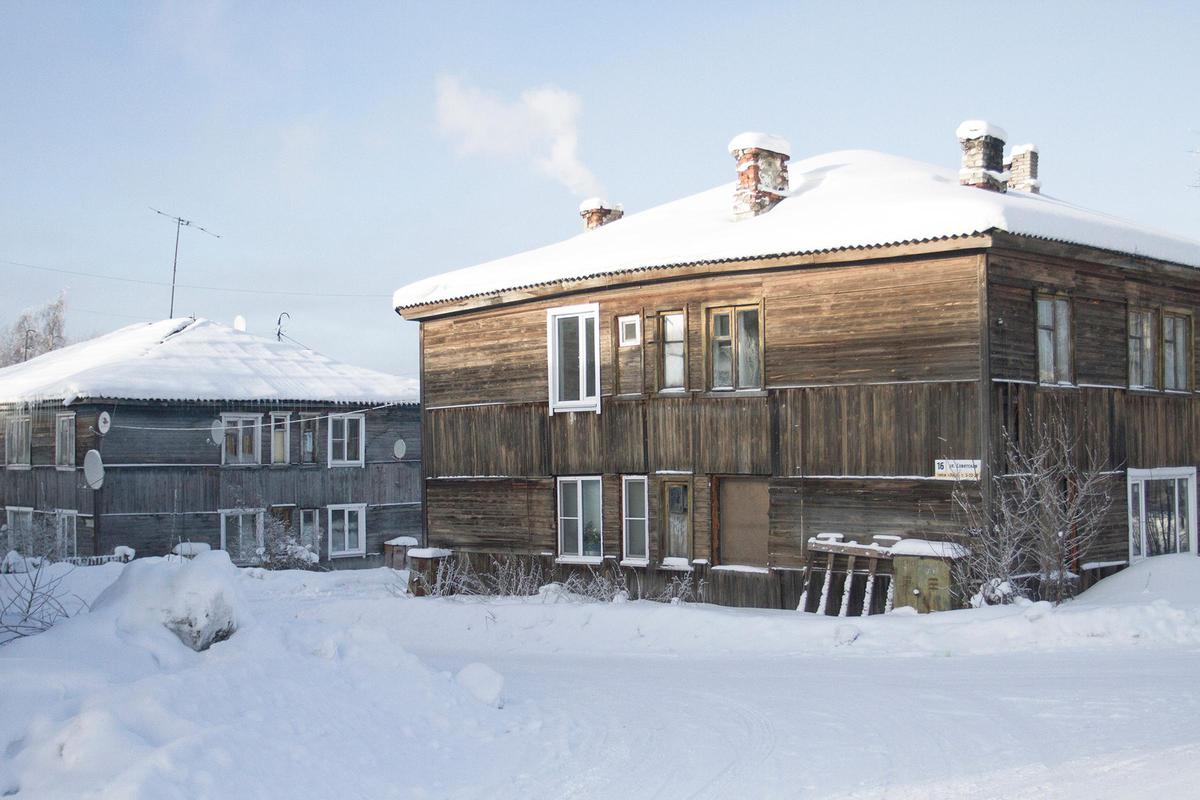
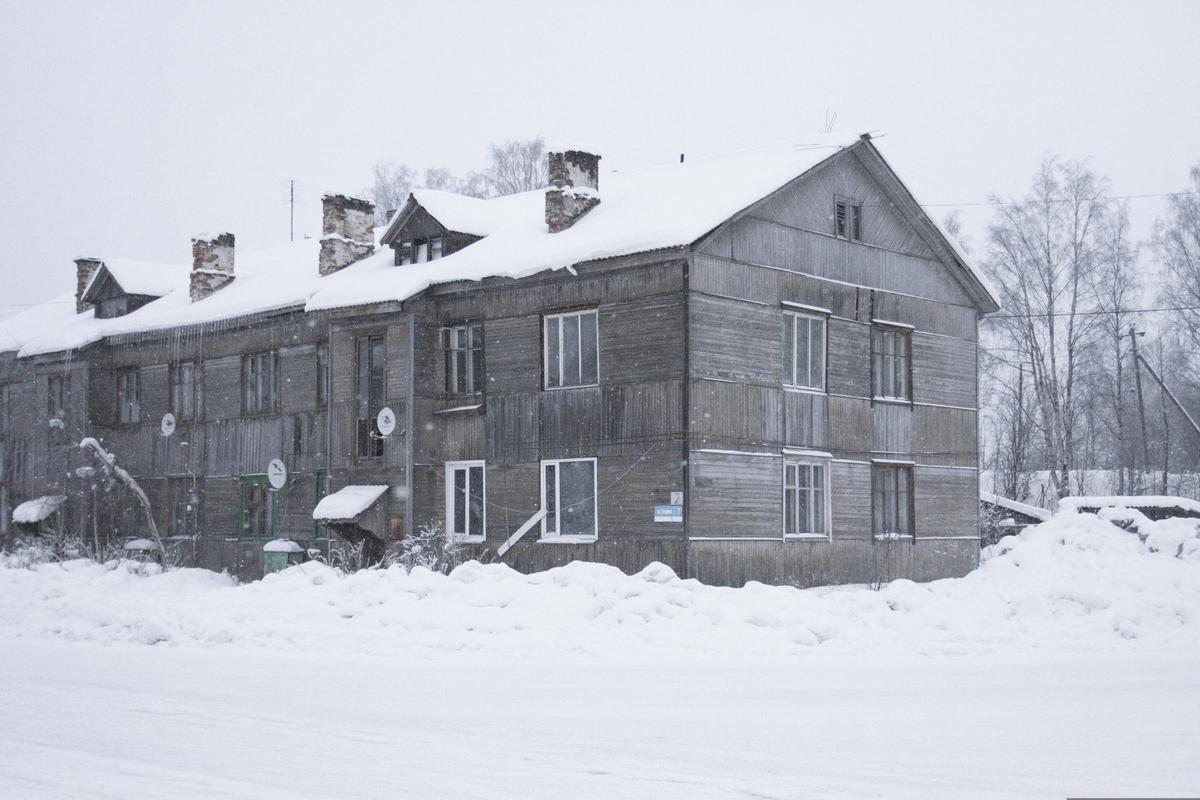
Temporary wooden buildings, so called “vremyanki”, which were built in 1950-1960s for those who came to work here, still remain the only housing available for the majority of locals. They winterize such houses with snow in winter: they cover houses outside with snow up to windows to keep the warmth. There are wells in yards, from which the locals draw clean water. Discos and funerals are held in the same hall of the local café; and small sheds still remain near multi-apartment houses: before, when there was no hot water supply in the houses, wood-fired ‘titans’ (water-heating boilers) were used here, and now cats and dogs inhabit these sheds.
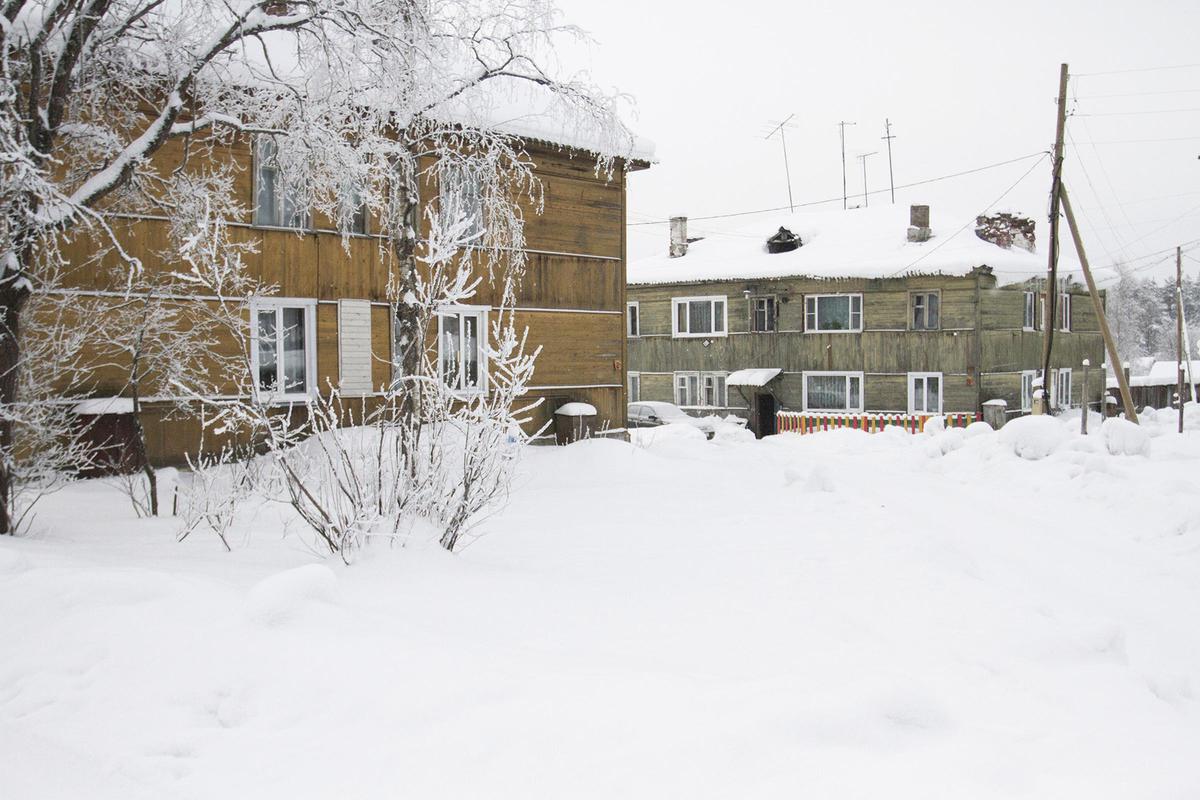
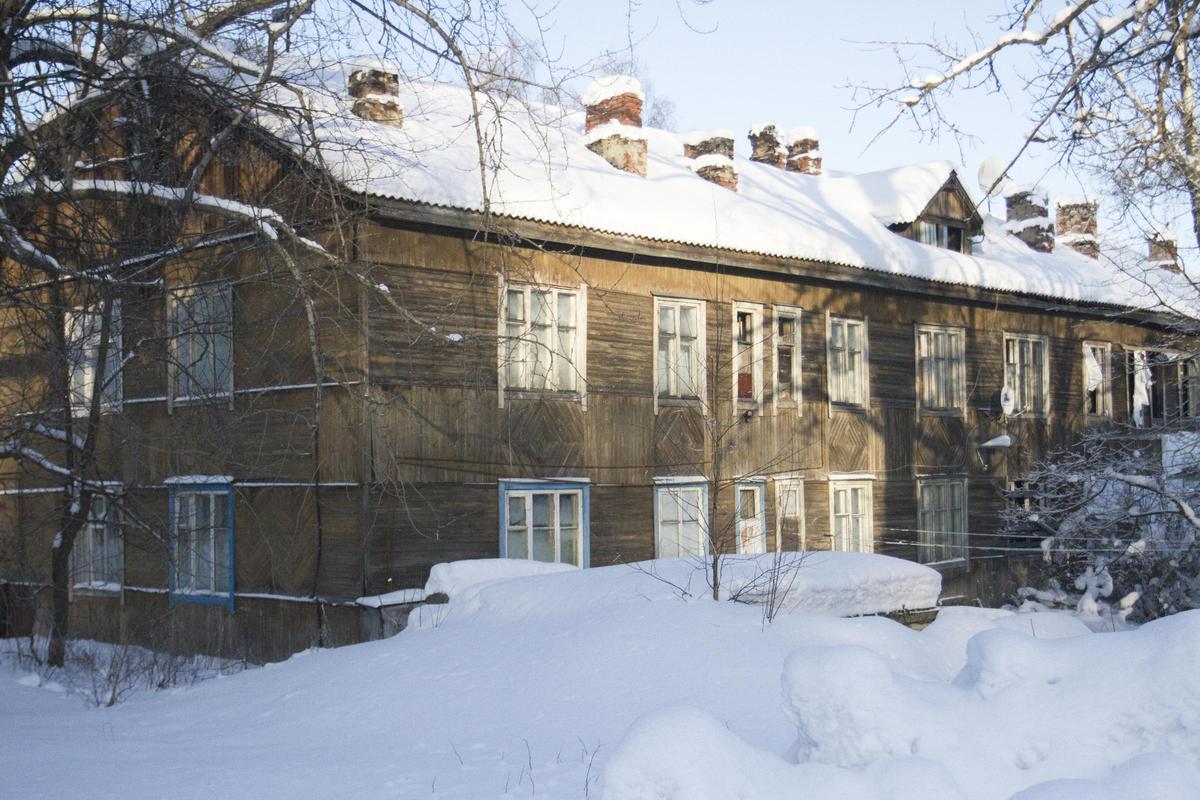
Only three flats of eight are inhabited in Alexey Alchimovich’s house. “People who have an opportunity just run away, move out, take credits, purchase new apartments, move to relatives; the others literally freeze. There are no neighbors under me: due to time and the house’s skew the first floor window glasses broke, and the wind blows downstairs. Upstairs there is a half-ruined roof”, Alexey says. “The house is skewing, there is a slope, so I cannot put furniture near one of the walls – it falls immediately”.
Alchimovich’s house has a wooden-fired stove heating. He burns for two 50-kilogramm sacks of firewood every day; he brings them from the neighboring village, where his mother keeps her stock. Alexey’s mother is a Veteran of Labor and a culture worker; for that she received a free firewood every year, then she managed to move to a comfortable flat.
The stove doesn’t save Alexey from cold, so all the walls in his flat are covered with carpets, windows – with blankets, and he walks around the house in the felt boots. Recently he had to climb the roof to get brick debris out of the chimney: “Until I got the bricks out there was no need in a fridge inside, if you bring frozen food, it will stay frozen”.
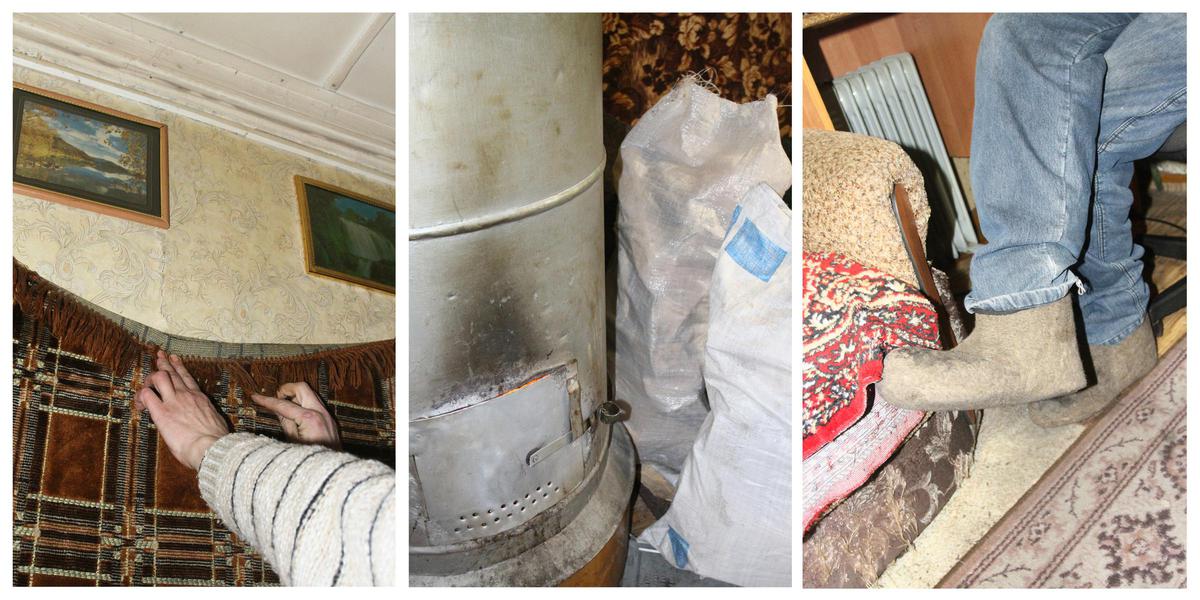
Alexey’s house does not acquire not only the central heating, but gas and water too; he brings water from the well in canisters. He has to do without a sewage system in winter: “The pipe froze on the first floor, so I had to dismantle the toilet. And now, sorry for the expression, I use a bucket with a handle”.
The report from 2016 made by the commission of recognition the house as deteriorated says about the foundation destruction, one hundred percent depreciation of the sewage, cracks in the walls, the roof leaks, and the necessity of replacing electricity network. Since then, major maintenance was never made in the house, it is unprofitable for the state to invest in repairing houses scheduled for demolition.
“In the Soviet times the state was the owner of all the housing stock and didn’t do regular current repairs, then these houses rapidly became obsolete, but in the privatization period citizens registered an ownership on flats. Today it is about 90 % flats in the state”, an expert of the Public Council’s Commission on Housing and Communal Services under the Ministry of Construction of Russia Pavel Sklyanchuk explains. In the post-Soviet times communal services started repairing houses at the expense of the regular payments for overhaul made by residents. If the state determines that the overhaul of the house will cost more than its demolition, it is obliged to resettle its residents to new housing or pay them compensations.
“If it is warm in one room, then living is possible”
According to “Important Stories’ ” calculations (based on the register of deteriorated houses by the Fund for Assistance to Housing and Communal Services Reform), the average waiting time for resettlement in Russia starting from a house’s recognition as deteriorated, is eight years for today. The majority (60 %) of deteriorated houses’ residents will have to wait for the resettlement from seven to ten years. According to the Deputy Executive Director of the non-commercial partnership “HCS Control” Andrey Kostyanov, if there is no officially recognized threat of a house’s collapse, “then the fact of its recognition as deteriorated itself does not mean the immediate resettlement”. The Ministry of Construction and Housing and Communal Services and the HCS Fund have not given responses to the requests of “Important Stories”.
Unlike Alexey Alchimovich, many residents of the deteriorated houses in Suoyarvi refuse to disclose their real names: they fear to lose even the existing housing because of complaints. A pensioner Lidia (name changed under her request. – Ed. note) lives in the same eight-apartment wooden barrack. The house is 62 years old, Lidia has been living here for 36 years. In 2019 the house was recognized as deteriorated, the end of the resettlement and demolishing were scheduled for 2029. None flat has been resettled yet. “This house will not last for nine more years. The commission made measurements: the house sinks 20 centimeters a year”, the pensioner says and shows windows on the one level with the ground. “It is impossible to live here: the kitchen and the second room are not heated, and I am afraid to enter them, so I sit in the one room with the stove, and that’s it. I went to the appointment with the Mayor and he said: “If it is warm in one room, then living is possible”. But he wouldn’t settle his parents in such flat, would he?”
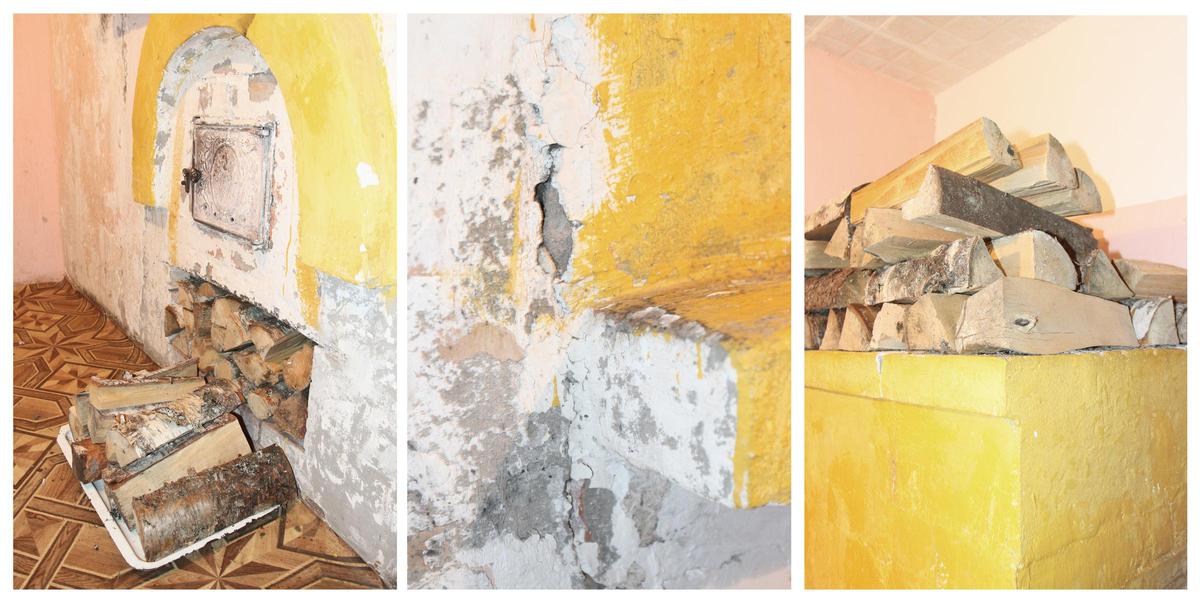
Living in a deteriorated house brings not only household inconveniences but additional expenses too. According to Lidia, she spends all her savings for warmth supporting: 30 thousand rubles she spent on the stove mending, 20 thousand is a cost of firewood for one winter season. While the whole Lidia’s pension is 14 thousand. “I have to save from the pension for firewood during a year, little remains, so I take loans. I would better spend on my children and grandchildren”, she says. Lidia shows her right hand with the fingers injured: “The heating is by the stove, and I am a disabled person – I got into a car crash and injured the arm – now only two fingers can function, but even they were distorted because I carry firewood by myself”.
72 years old Natalya Tsaran from the village of Naistenyarvi in the Suoyarvi district of Karelia has been living in a wooden house which should have become her temporary accommodation for more than 30 years – it is of “temporary houses” that were built there in 1980s. In 1990s Natalya came to the village to work in the local school of music as a piano teacher: “They begged me just to come, they told me that there is no one to work. They settled me in this hut and said: “Please endure not more than a year, we will provide you with a flat”, but they didn’t”.
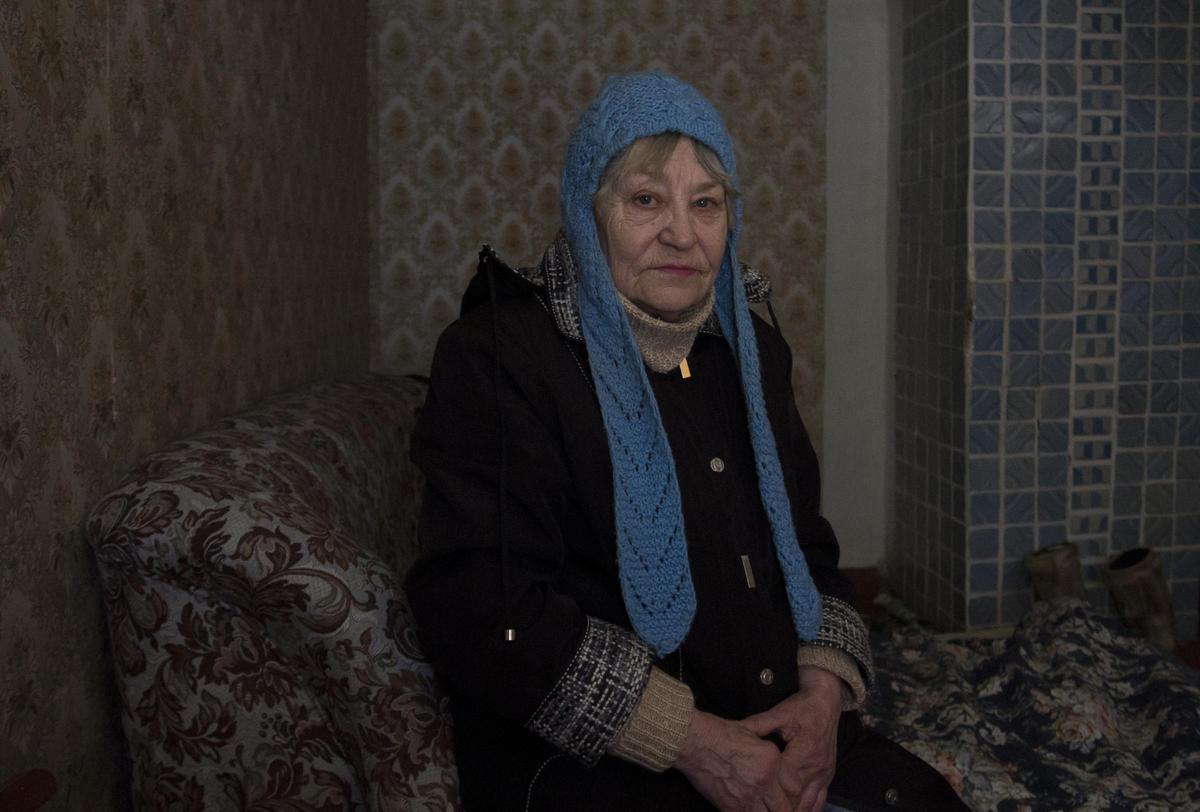
Resettlement of deteriorated housing could become Tsaran’s second chance to move. Her house was recognized as deteriorated in 2017, but resettlement was scheduled only for 2026. “What is the 2026 for me? I will not live to see it. The walls crack, trash falls from the ceiling, when a car rides nearby everything shakes”, Natalya says. The commission for recognition the house as deteriorated discovered the walls skew, the foundation and the roof destruction. Now Natalya keeps the stove fired all the time, almost every day repairs holes in the roof with roofing felt, plugs chinks in the windows with greenhouse membrane. She spends about three thousand rubles only on electricity from her 17 thousand pension because of the heaters permanently on.
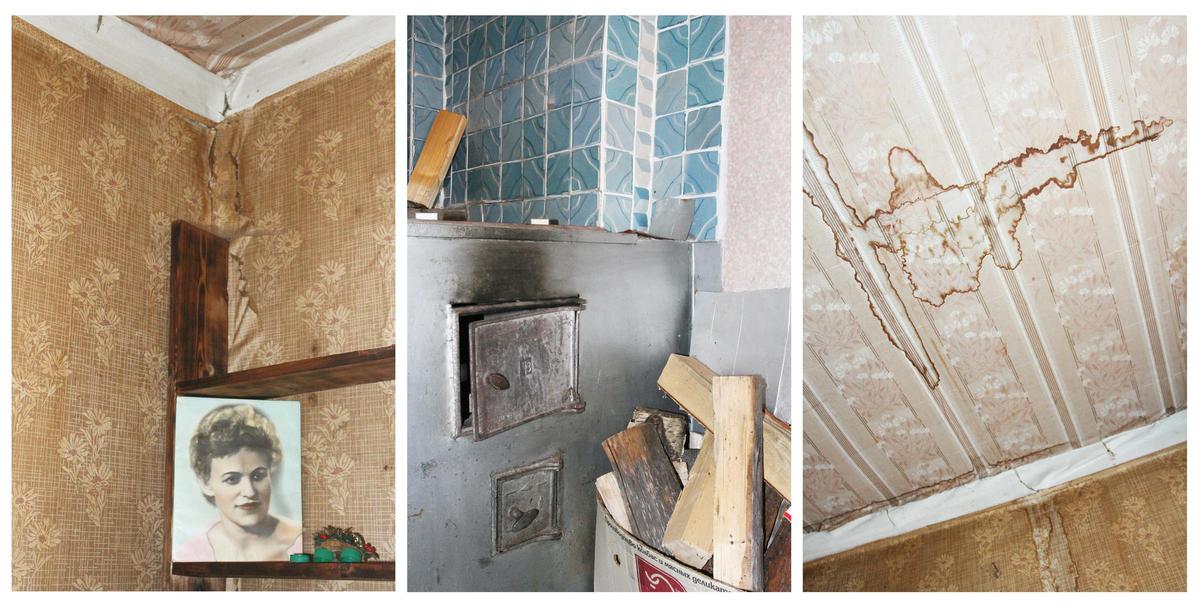
One more expense for residents of such houses to bear is for repairing that they do themselves, since the state stops caring the building after its recognition as deteriorated. Alla Bondareva from Suoyarvi lives in a cobbled house; it was recognized as deteriorated in 2020, and its demolition and residents’ resettlement is planned for 2030. “There were frosts, 10 Celsius inside. My parrot even froze, it was shaking, I put a heater for it to warm up”, Alla says. She spent 30 thousand rubles to winter the floor in her flat.
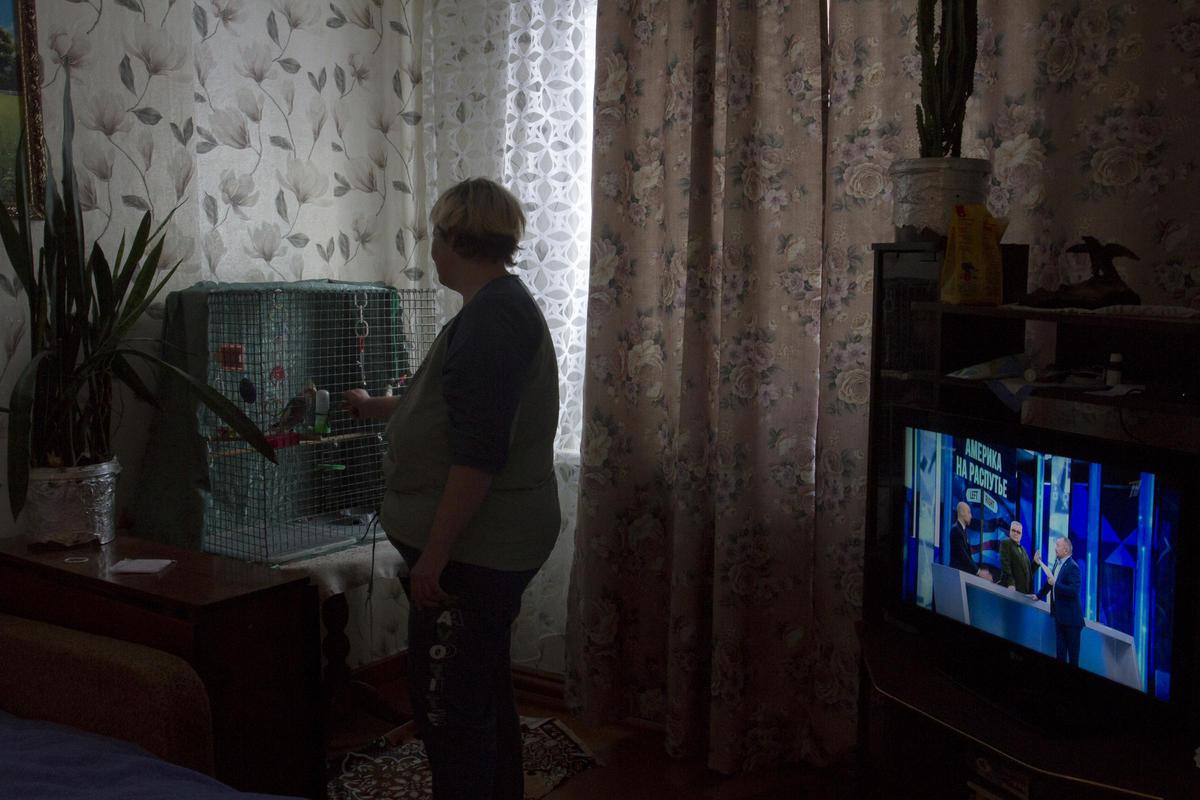
Today almost every (98 %) of those who wait for resettlement in Russia live in a house which became deteriorated because of the “physical wear”, that means that the buildings became obsolete due to the date of their construction. 7 % of Russians in wait of resettlement live in houses aged 100 years.
“Today they demolish mainly one- and two-storied wartime and post-wartime barracks. And when it comes time to demolish Khrushev project houses, which were built in 1950s in the colossal quantities, it will become an unbearable burden for the budget. And in the current program format (of resettlement of citizens from deteriorated houses, which acts from 2008. – Ed. note) it will be impossible to embody. In 12 years they succeeded to resettle 15 million square meters of housing. It is forecasted, that by 2030 30 million square meters more will be recognized as deteriorated. Those gigantic money which have already been funded – that is 929 billion rubles – and those 500 billion which is going to be funded for these purposes according to the national project, are not enough to stop the necessity to resettle people. It requires almost three trillion rubles. It is an extremely severe problem, and the country will have to be dealing with it for several decades, that is to make up for dropping out housing with the new”, says the expert of the Public Council’s Commission on Housing and Communal Services under the Ministry of Construction of Russia Pavel Sklyanchuk.
The pace of deteriorated houses resettlement in Russia is decreasing during the last years. According to the Ministry of Construction, in 2017 179 thousand people were resettled, in 2018 – 72 thousand, and in 2019 – 68 thousand. “The goal set by the President to resettle more housing than is been recognized as deteriorated, has not been achieved yet. By 2030, according to the National project, about 10 million square meters of deteriorated housing will be resettled, but by this time additional 20 million will be [recognized as deteriorated] due to the actual wear”, Sklyancuk adds.
“Rats parade everywhere and flees ate the cat”
Except the expenses for firewood and maintenance, residents of deteriorated houses bear the additional payments. Galina Kitaeva from Suoyarvi, aged 61, calls herself the oldest resident of a deteriorated brick dormitory – she moved in 20 years ago. The house was built in 1961 and was recognized as deteriorated in 2017. Not a single family was resettled since that time – it should happen by 2027. The qualified opinion of the house’s recognition as deteriorated issued in 2017 says that its floor is covered with moss, water seeps to the damaged foundation, there are blown-out cracks in the walls, the building lurched, the attic rots, and pipe breaks are possible due to utility networks destruction.
Galina says that she is often left without water supply because of these breaks. The rotting foundation causes the lavatory floor to carve in. The pensioner shows pits in the floor and reckons how she called for the plumbers: “I say: “How about the toilet? It will fall to the cellar soon!” And they reply: “Everything is rotten there, point your finger and the house blows up. So visit the lavatory cautiously to not to fall down”.
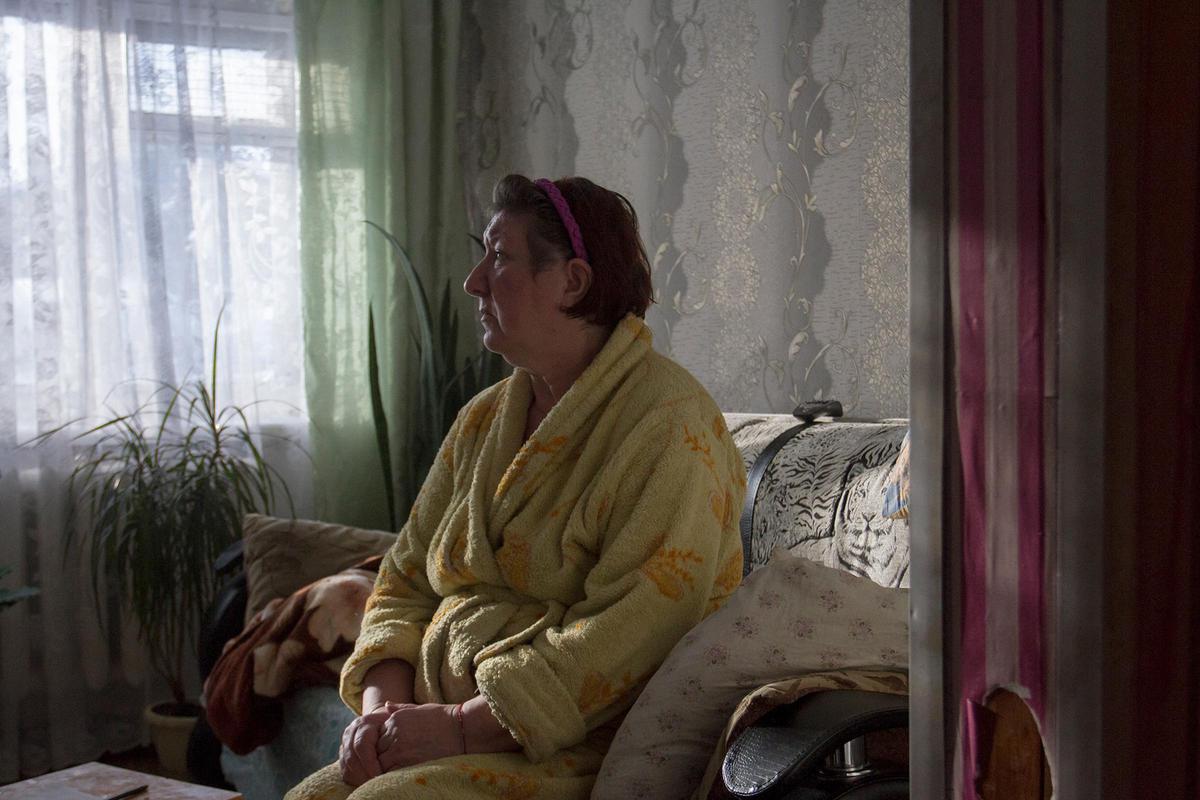
According to Kitaeva, because of the rot, humidity and fungus flees and rats came to the house: “Rats parade here, I spend half of my pension for a poison. And flees ate the cat: he scratched, began to scalp himself, so I had to put him down. I even cannot bring my grandchildren here; they were here for two days and flees feasted on them. They came to the kindergarten and were asked: “What is it with you?” But they wouldn’t say that the grandma has got flees. They answer: “Mosquitos bit us”.
Galina no longer believes that she will wait for the due resettlement: “They build villas for themselves, and don’t pay attention on us. Where is that 2027? How I can buy a flat by myself? My pension is 12 thousand, so we continue to suffer. My grandchildren are five and seven years old, they say: “Grandma, what an ugly house you have! When we grow up, we will buy you a new one!”
Most of the rooms in the dormitory where Galina lives are left by the owners by their own will, without waiting for the resettlement; and now anyone “can come in, settle these abandoned rooms and live there” for free. Such situation is common for Suoyarvi. Many owners of rooms in deteriorated houses abandon them and are willing to settle new tenants in only for paying communal bills and not accumulating debts.
“Only those who don’t have other choice stay in deteriorated houses. Basically, more or less prosperous people rent housing, more prosperous purchase it, but they do not live there [in deteriorated houses], that is, houses stay with fake registered residents, and there is a plenty of such houses”, an author of a blog about Suoyarvi Alexander Rumyantsev says.
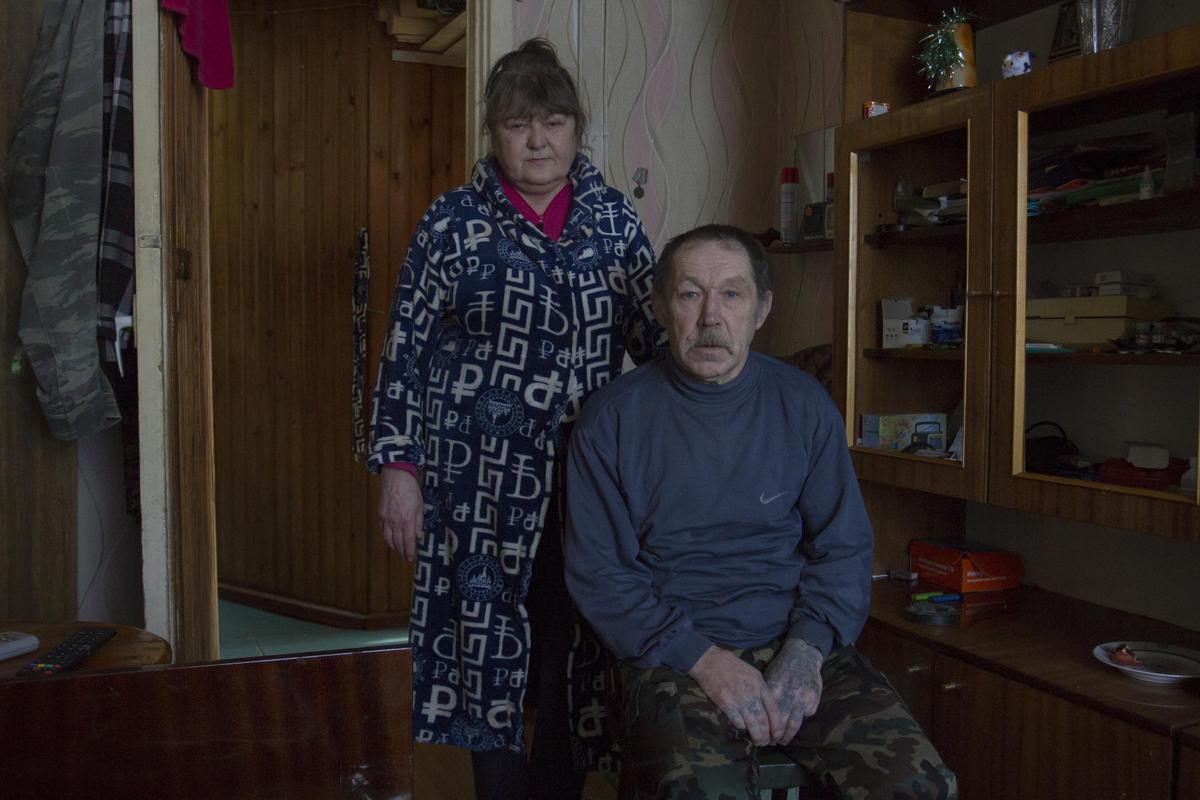
The pensioner Irina Zaraznova, the resident of another multi-apartment house in Suoyarvi, tells why, in spite of cold, flees and stairs flooded every winter, she has to stay in the town: “We agree to resettle to anywhere: to a wooden house, anywhere else. But we are unable to do it ourselves. We can’t move to a village: my husband had two heart strokes, and there is neither hospital nor [paramedic] stations. If something happens, the ambulance will not arrive; he will not survive the third stroke. We stay here only because of that”.
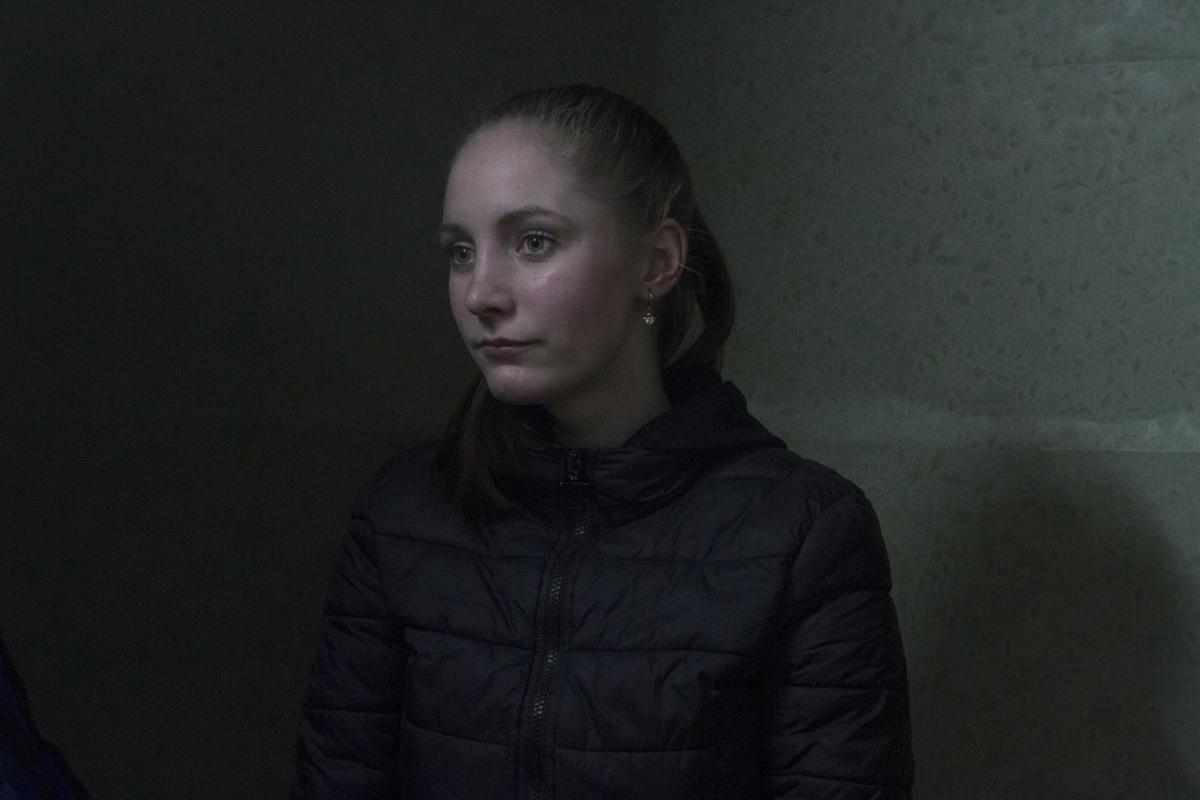
Some Suoyarvi residents can afford to purchase housing only in such a deteriorated house. For example, 21 year old sales consultant in the electric shop Anastasia Dudina wanted to live separately from her parents and bought a two-room flat in a deteriorated house for 150 thousand rubles. But, according to Dudina, she was not warned before purchase that this house is going to be demolished.
“Every second wrote to Putin”
The Republic of Karelia is a region with one of the highest percentage of residents living in deteriorating housing in Russia: every eleventh is in wait for resettlement. There are only Yamalo-Nenets and Nenets Autonomous Okrugs and Yakutia ahead, where every tenth citizen lives in deteriorated housing. By the time of issuing the article, the Mayor’s office and the Ministry of Construction of Karelia have not responded “Important Stories’ “ inquiries.
“One of the problems of resettling from deteriorated housing is a question where to resettle to”, Pavel Sklyanchuk says. “Most of the regions have got very slow pace of a new housing construction; housing dilapidates; there is a dramatic lack of temporary municipal housing. Developers want to sell flats on the market conditions and at the same time they don’t want to spend on the other [social] housing; thus, it is built by the cheapest way in the borders of the same land plot. The problem is that those houses where people are resettled to, often are more short-lived than those which were resettled”.
Except the resettlement, residents of deteriorated houses can hope to receive a monetary compensation from the state. It can be acquired instead of a new housing before the planned demolition begins. Alexey Alchimovich’s house was built in 1950, recognized as deteriorated in 2016, but the state scheduled the resettlement of all the inhabitants and demolition of the house for 2025. Two flats from eight are for now resettled – the town’s administration bought them from the owners. In 2020 the authorities offered Alexey a monetary compensation too: his two-room flat with a total area of 45 square meters was estimated to cost 938 thousand rubles; together with other payouts – 1.1 million.
Alexey refused to receive the compensation and is going to seek for its re-count with the help of the prosecutor’s office: “It is impossible to buy anything for one million in the town: housing prices have increased on the wave of issuing compensations; it will cost me 1.5 million or more to buy a two-room flat”. Alexey wants to finally move in together with his concubine, who lives separately now: “She and the daughter live with the mother, because this place is impossible to reside in, it’s cold and dangerous. So we live together from time to time. I come to them, eat, drink, and go. Housing conditions separated us!”
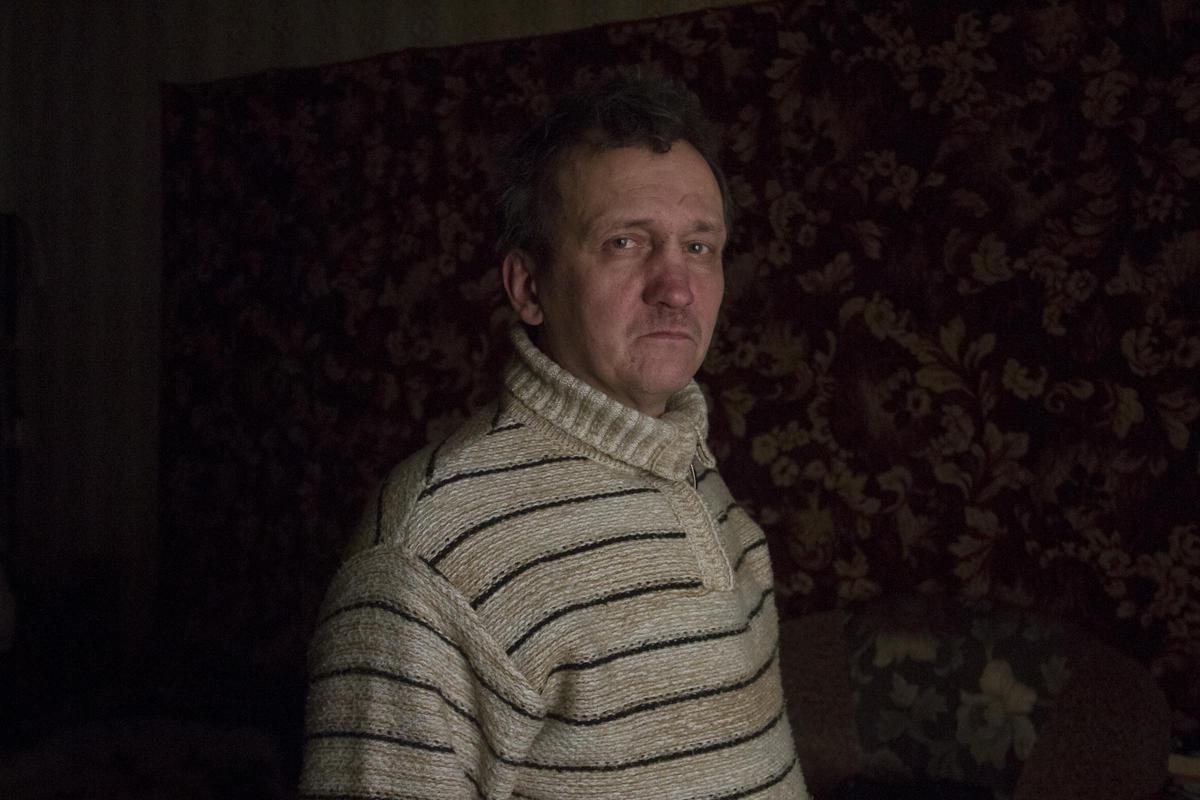
According to Alexey, he does not have an opportunity to pay extra from his savings for buying a new two-room flat, the salary of the locksmith in a gas service does not allow it. He used to work as an electrician in the Suoyarvi administration, but, according to him, “I resented too much and became unfit to the bosses” because of his activism. Now in Alchimovich’s flat there is a Lenin’s portrait on the wall near the carpets: “It was thrown in the trash, so I took it”, he explains. Opposite the portrait there is a table with a PC on it. Alexey uses it for surfing social networks in order to assist other town’s people to complain on life in deteriorated houses and other problems. “I’ve even got a gentle reminder: “Gorgas” (where Alexey works. – Ed. note) means the “United Russia”, and going against the “United Russia” means that you can lose your pension”, Alchimovich says.
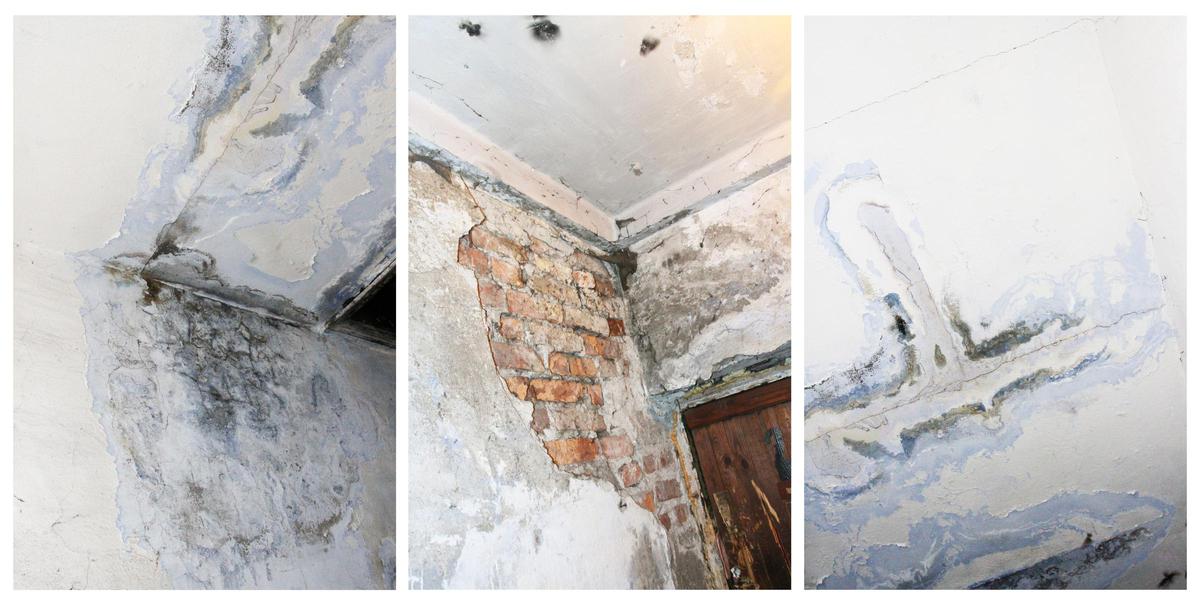
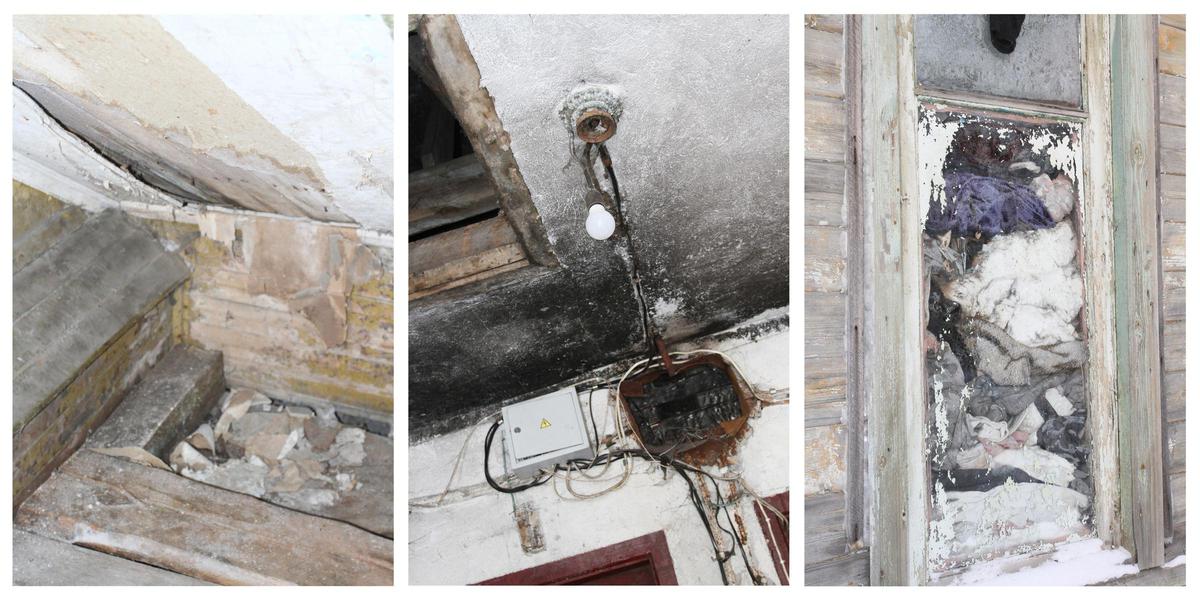
The other Suoyarvi resident Eugenia (the surname is hidden under her request. – Ed. note) still took the compensation of 1.2 million rubles for her two-room flat in the deteriorated house. After that she had to take a mortgage for 15 years to buy a house in the town for 1.8 million. “The opportunity to buy a house showed up, and I came and upholstered thresholds. I had to push on to obtain the compensation. It is a luck that I’d got at least this money, because it’s not a certainty that something will be given hereafter”, she explains her decision.
Eugenia’s case is rare for Suoyarvi. Most people still remain living in deteriorated houses. “I will be going [to move] when no one is left in the house or when it collapses”, her neighbor says. “We were told: “you will be resettled” but they didn’t say when. Nobody summons us, everybody is silent; we are not going to do anything by ourselves”, says the pensioner Irina Zaraznova from another deteriorated house.
Many residents of deteriorated houses do not plan to move, because they do not even know that they are due to new housing by law. Thus, only from the journalist of “Important Stories” pensioners from the village of Naistenyarvi Maria Solovyova and Anatoly Chernov new that their two-storied eight-apartment house was recognized as deteriorated and should be demolished in 2029. Today only the two of them remain living in the house. “Nobody wants to move into the house: everything is crumbling, water freezes, all pipes are rotten. When the neighbor’s floor carved in, he moved. All old people died, and nobody wants to take their place, the house looks a blind-ally to youth”, the daughter of Solovyov and Chernova says.
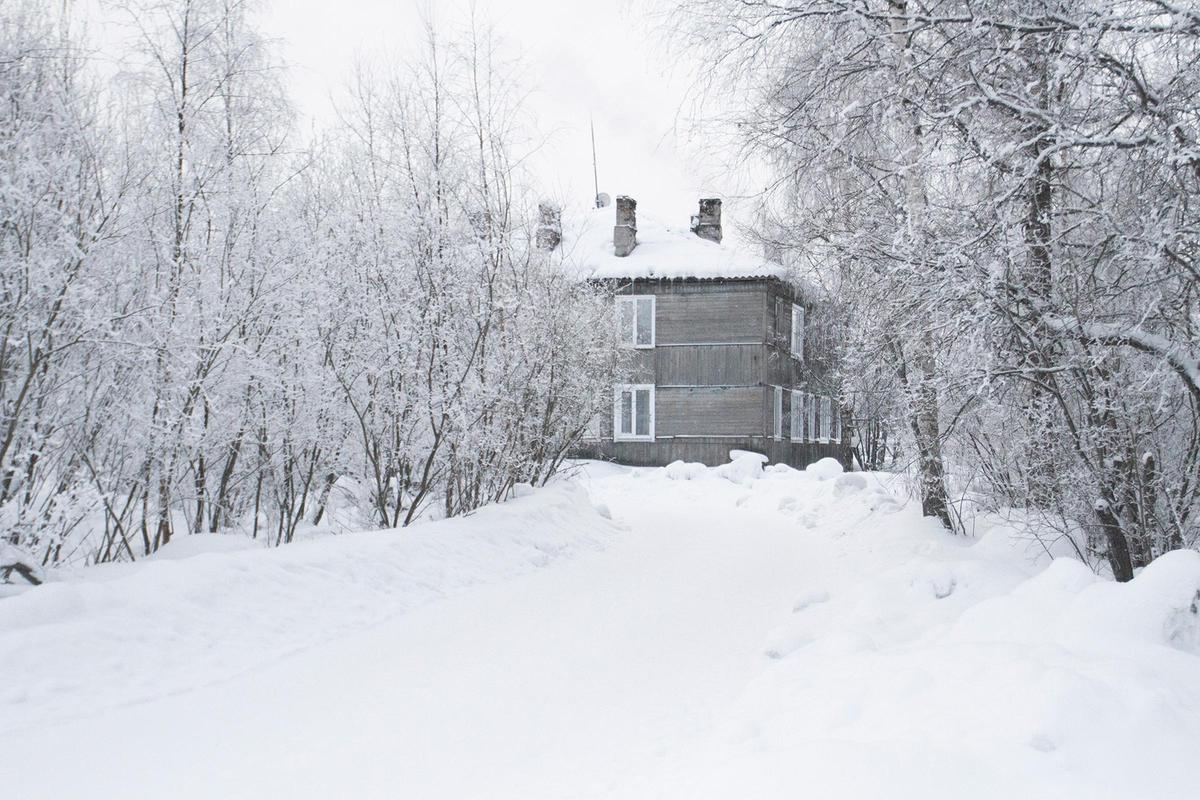
“I was asking myself, why people there are so passive. It seems that they are just tired of this hopelessness. They observe how their neighbors fight, see no result and give up. How can pensioners fight?” the blogger Alexander Rumyantsev says. “At the beginning, every second wrote to Putin, and when they started to receive tons of come-offs, they lost the desire – they still should live, work but not only do the scribble. And sometimes there is such a nasty, sometimes horribly disgusting thing called motherland. It seems that you want to leave, but you’ve somehow calved, adhered to it”.